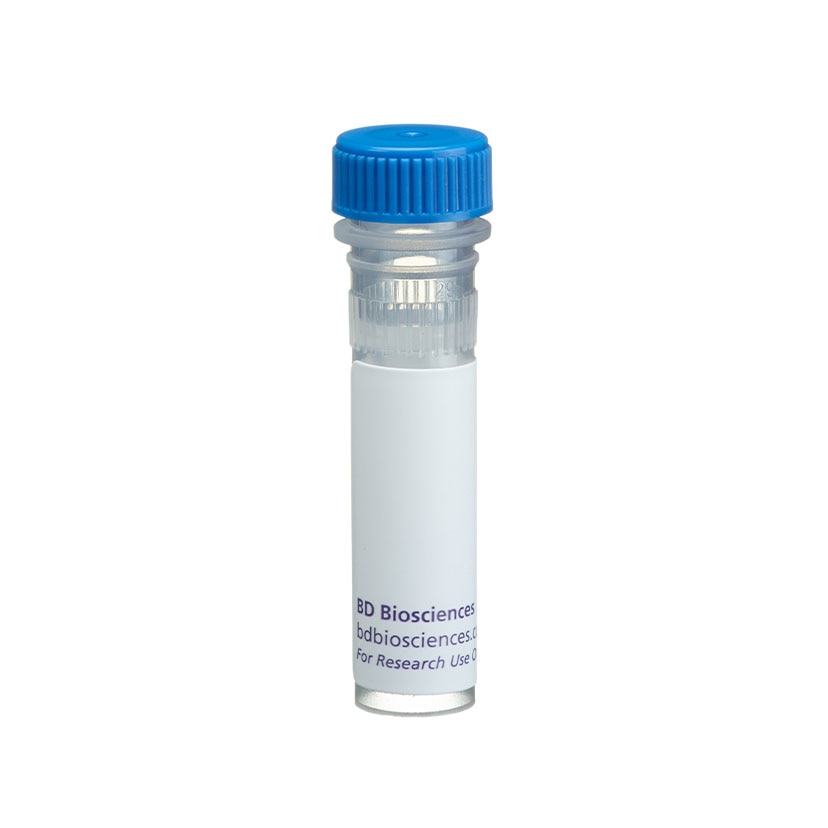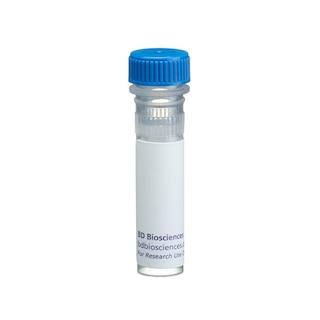-
Reagents
- Flow Cytometry Reagents
-
Western Blotting and Molecular Reagents
- Immunoassay Reagents
-
Single-Cell Multiomics Reagents
- BD® OMICS-Guard Sample Preservation Buffer
- BD® AbSeq Assay
- BD® Single-Cell Multiplexing Kit
- BD Rhapsody™ ATAC-Seq Assays
- BD Rhapsody™ Whole Transcriptome Analysis (WTA) Amplification Kit
- BD Rhapsody™ TCR/BCR Next Multiomic Assays
- BD Rhapsody™ Targeted mRNA Kits
- BD Rhapsody™ Accessory Kits
- BD® OMICS-One Protein Panels
-
Functional Assays
-
Microscopy and Imaging Reagents
-
Cell Preparation and Separation Reagents
-
- BD® OMICS-Guard Sample Preservation Buffer
- BD® AbSeq Assay
- BD® Single-Cell Multiplexing Kit
- BD Rhapsody™ ATAC-Seq Assays
- BD Rhapsody™ Whole Transcriptome Analysis (WTA) Amplification Kit
- BD Rhapsody™ TCR/BCR Next Multiomic Assays
- BD Rhapsody™ Targeted mRNA Kits
- BD Rhapsody™ Accessory Kits
- BD® OMICS-One Protein Panels
- Austria (English)
-
Change country/language
Old Browser
This page has been recently translated and is available in French now.
Looks like you're visiting us from United States.
Would you like to stay on the current country site or be switched to your country?
BD Transduction Laboratories™ Purified Mouse Anti-Stat3 (pY705)
Clone 4/P-STAT3 (RUO)

Western blot analysis for Stat3 (pY705). A431 cells (Human epithelial carcinoma; ATCC CRL-1555) were either left untreated (lane 1) or treated with 100 ng/ml EGF for 5 minutes at 37°C (lane 2). The top panel was probed with a mouse anti-Stat3 antibody measuring for total Stat3 (Cat. No. 610189) while the bottom panel was probed with a 1:500 dilution of the mouse anti-Stat3 (pY705) antibody.


Western blot analysis for Stat3 (pY705). A431 cells (Human epithelial carcinoma; ATCC CRL-1555) were either left untreated (lane 1) or treated with 100 ng/ml EGF for 5 minutes at 37°C (lane 2). The top panel was probed with a mouse anti-Stat3 antibody measuring for total Stat3 (Cat. No. 610189) while the bottom panel was probed with a 1:500 dilution of the mouse anti-Stat3 (pY705) antibody.

Western blot analysis for Stat3 (pY705). A431 cells (Human epithelial carcinoma; ATCC CRL-1555) were either left untreated (lane 1) or treated with 100 ng/ml EGF for 5 minutes at 37°C (lane 2). The top panel was probed with a mouse anti-Stat3 antibody measuring for total Stat3 (Cat. No. 610189) while the bottom panel was probed with a 1:500 dilution of the mouse anti-Stat3 (pY705) antibody.



Regulatory Status Legend
Any use of products other than the permitted use without the express written authorization of Becton, Dickinson and Company is strictly prohibited.
Preparation And Storage
Recommended Assay Procedures
Western blot: Please refer to http://www.bdbiosciences.com/pharmingen/protocols/Western_Blotting.shtml
Product Notices
- Since applications vary, each investigator should titrate the reagent to obtain optimal results.
- Please refer to www.bdbiosciences.com/us/s/resources for technical protocols.
- Caution: Sodium azide yields highly toxic hydrazoic acid under acidic conditions. Dilute azide compounds in running water before discarding to avoid accumulation of potentially explosive deposits in plumbing.
- Source of all serum proteins is from USDA inspected abattoirs located in the United States.
Data Sheets
Companion Products


Stat (Signal transducer and activators of transcription) proteins are critical mediators of the biologic activity of cytokines, including interleukins, interferons, erythropoietin, and growth factors. Ligand-receptor interaction leads to activation of constitutively associated JAK family kinases and subsequent recruitment/activation of Stat proteins by tyrosine phosphorylation. Active Stat proteins then move to the nucleus to promote transcription of cytokine-inducible genes. Seven Stat proteins have been cloned, each of which is differentially expressed and/or activated in a cytokine-specific and cell type-specific manner. Stat3 is a 92-kDa protein that is activated as a DNA- binding protein through cytokines, such as IL-6, and growth factors, such as EGF. Stat3 activation occurs via tyrosine phosphorylation at Y705. Tyrosine phosphorylation in response to cytokine stimulation is generally mediated by JAK1. Upon activation, Stat3 dimerizes, translocates to the nucleus and binds DNA response elements, thereby regulating gene expression. It has been reported that Stat3 binds to DNA as a homodimer, but it is also capable of binding as a heterodimer with Stat1. In addition to tyrosine phosphorylation, Stat3 is also phosphorylated at S727 via the MAPK pathway. Stat3 is widely expressed and can bind to the sis-inducible element (SIE) site from the c-fos promoter. This site is similar to the GAS element that is present in IFN-γ induced genes. Thus, phosphorylation of Y705 in Stat3 occurs in response to growth factors and cytokines, and is essential for normal transcription activity.
The 4/P-STAT3 monoclonal antibody recognizes the phosphorylated Y705 of Stat3.
Development References (4)
-
Darnell JE Jr. STATs and gene regulation. Science. 1997; 277(5332):1630-1635. (Biology). View Reference
-
Fu XY, Zhang JJ. Transcription factor p91 interacts with the epidermal growth factor receptor and mediates activation of the c-fos gene promoter. Cell. 1993; 74(6):1135-1145. (Biology). View Reference
-
Kanai M, Konda Y, Nakajima T, et al . Differentiation-inducing factor-1 (DIF-1) inhibits STAT3 activity involved in gastric cancer cell proliferation via MEK-ERK-dependent pathway. Oncogene. 2003; 22(22):548-554. (Biology: Western blot). View Reference
-
Smith PD, Crompton MR. Expression of v-src in mammary epithelial cells induces transcription via STAT3. Biochem J. 1998; 15:331-381. (Biology). View Reference
Please refer to Support Documents for Quality Certificates
Global - Refer to manufacturer's instructions for use and related User Manuals and Technical data sheets before using this products as described
Comparisons, where applicable, are made against older BD Technology, manual methods or are general performance claims. Comparisons are not made against non-BD technologies, unless otherwise noted.
Please refer to Support Documents for Quality Certificates
Global - Refer to manufacturer's instructions for use and related User Manuals and Technical data sheets before using this products as described
Comparisons, where applicable, are made against older BD Technology, manual methods or are general performance claims. Comparisons are not made against non-BD technologies, unless otherwise noted.
For Research Use Only. Not for use in diagnostic or therapeutic procedures.